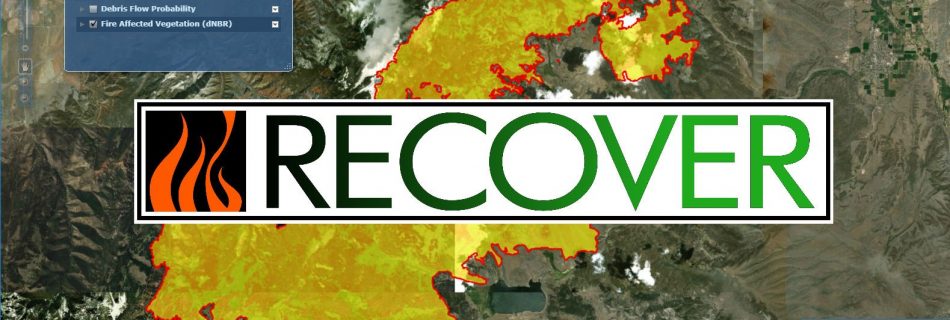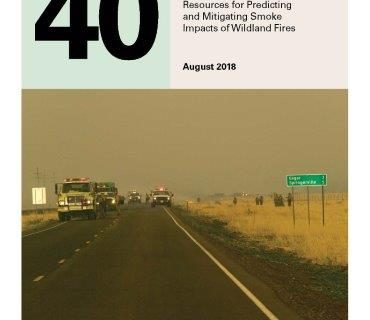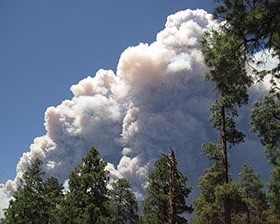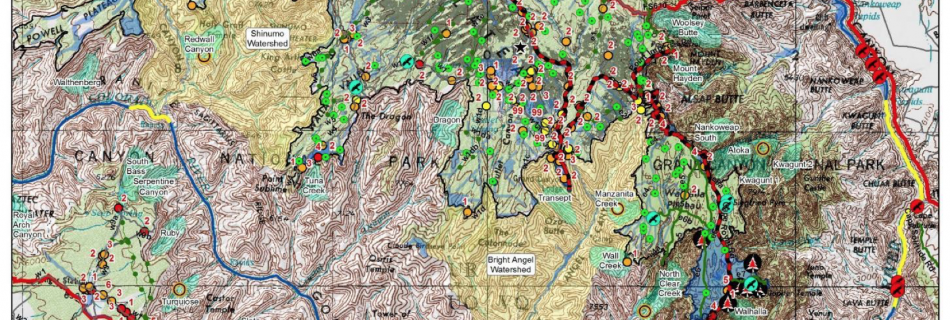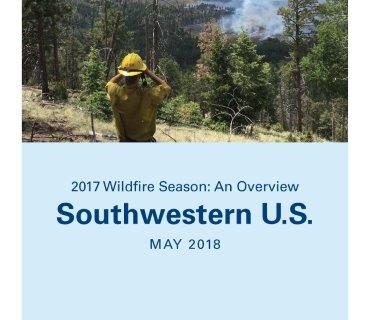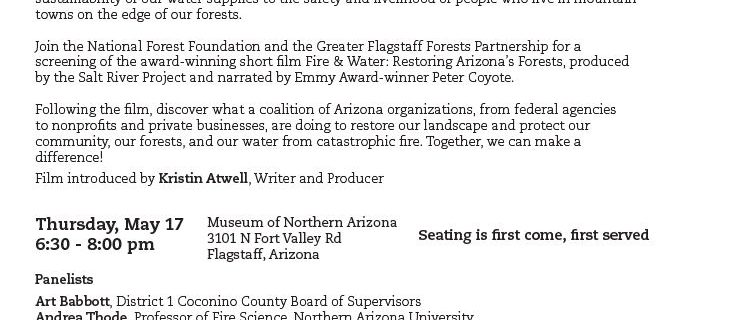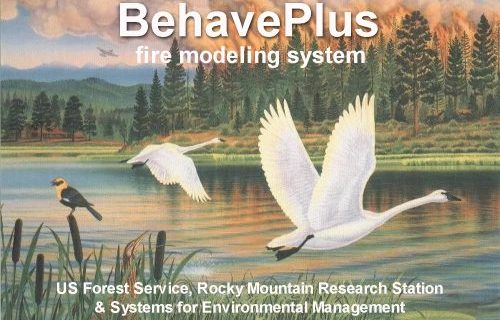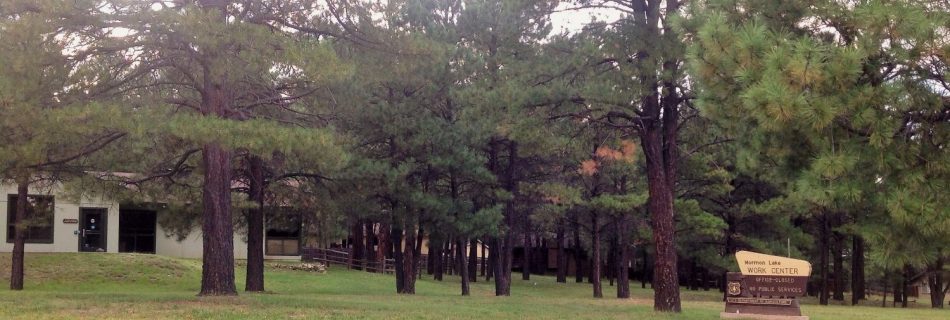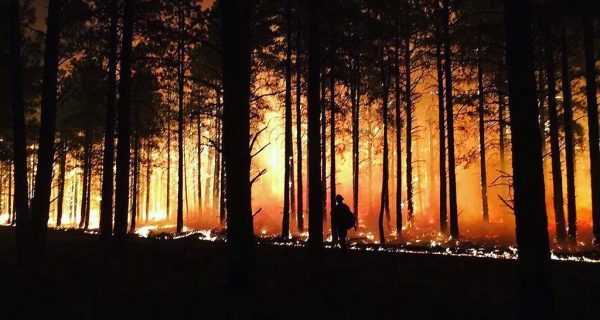Air Resource Advisors provide a vast array of tools and products to predict and communicate smoke impacts during wildfires. Having a resource solely dedicated to smoke management and effective messaging improves both internal and external communication. View the video here.
September 26, 2018: Use and benefits of NASA’s RECOVER for post-fire decision support
Date: Wednesday, September 26, 2018 12pm MDT (11am AZ) Presenters: William Toombs and Keith Weber, GIS Training and Research Center, Idaho State University Today’s extended fire seasons and large fire footprints have prompted state and federal land-management agencies to devote increasingly large portions of their budgets to wildfire management. As fire costs continue to rise, timely and comprehensive …
Read more “September 26, 2018: Use and benefits of NASA’s RECOVER for post-fire decision support”
